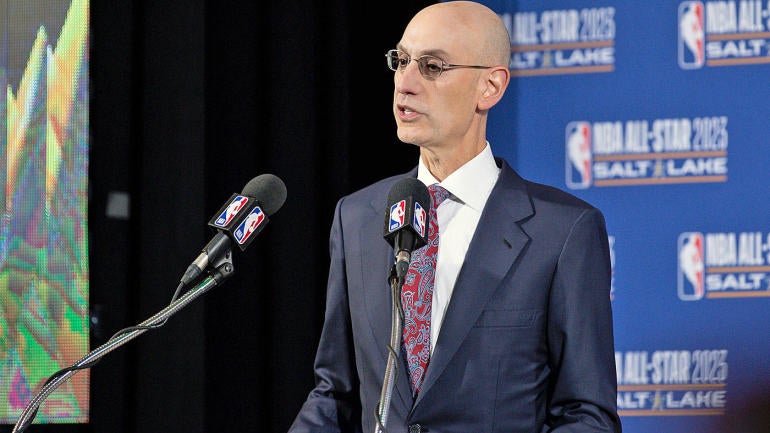
Much of the recent pushback from players about the NBA's return to play plan has been based on the belief that playing basketball will be a distraction from the current social justice movement. That's for good reason, and the fact that Kyrie Irving and others are forcing everyone to have those discussions is commendable.
At the same time, there are still all sorts of concerns about health and safety, especially as coronavirus cases surge in Orange County, Florida, which includes Orlando. In their efforts to try and keep everyone healthy, the league is offering high-tech gadgets to players, according to Shams Charania of The Athletic.
– Players will have the option to wear a proximity alarm that will notify a player if he spends more than 5 seconds within 6 feet of another person on campus who is also wearing an alarm.
– All team and league staff (potentially excluding referees) must wear the alarm; it is optional for players.
– Players will also have the option of wearing an Oura smart ring that may help with the early detection of the coronavirus and will track temperature, respiratory and heart rate, and other measures.
Based on this memo from the players union that Charania acquired, and other reports, it's clear the league is pulling out all the stops in order to try and make players feel safe in the bubble. Technology such as these alarms and rings is just another tool that the league has to monitor signs and symptoms.
While the alarm, in particular, doesn't sound too pleasant, the inconvenience of wearing these devices may be worth it to some of the players if it will ease their minds. At the same time, there are also some very valid privacy concerns here.
A device measuring all of your vital signs will give teams, and possibly the league, incredible amounts of data. Though the main goal is clearly using it to keep players healthy during an unprecedented time, there's no telling what else they might use it for. In a CBS Sports report about the NBA's use of biomechanical tools from 2015, NBPA executive director Michele Roberts said that multiple agents have experienced teams citing data gleaned from such gadgets in contract negotiations.
Some players may decide it's worth giving up some of their privacy in order to feel reassured about their immediate health situation, but it would be quite understandable if many do not.


















